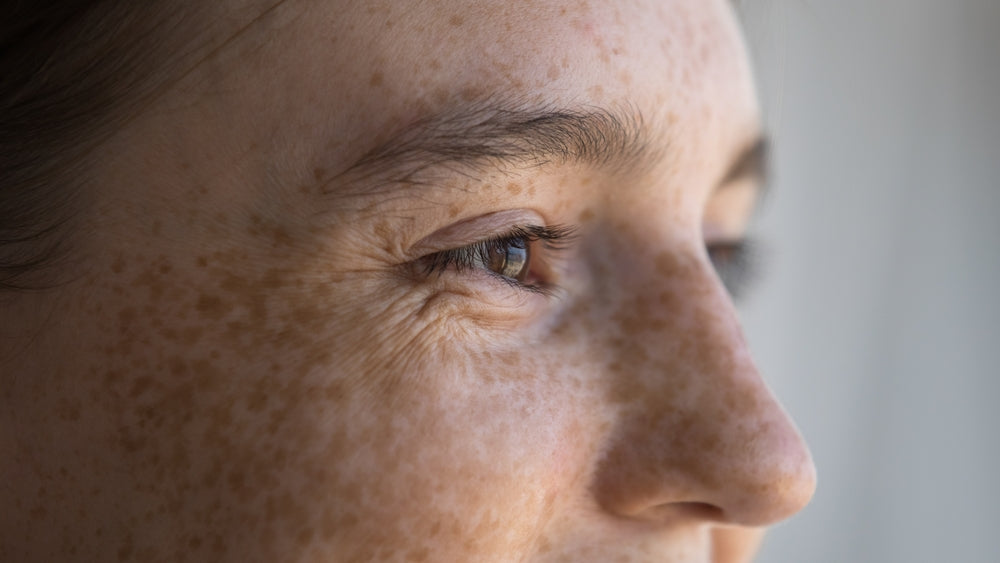Natural Alternatives to Sunscreen

Share
Sunscreen can help protect you from sunburn, but it may also harm your health. This is because many sunscreens contain toxic chemical ingredients absorbed into your body through your skin. Because of this, many people choose not to wear sunscreen at all and prefer to risk sunburnt.
Excess sun exposure can damage the skin, and it is essential to protect your skin if you are going to be in the sun for a long time. Thankfully, there are many natural alternatives to sunscreen.

Healthy Alternatives to Sunscreen

Some of the healthiest organic alternatives to sunscreen or sunblock include:
1. Red Raspberry Seed Oil
Red raspberry seed oil is an oil extracted from red raspberry seeds. It is one of the best seed-oil sunscreens and averages between 28-50 SPF, helping to block harmful UVB rays.
2. Coconut Oil
Coconut oil is another natural and eco-friendly alternative to sunscreen, but it doesn't work as effectively as most sunscreens do. Coconut oil only blocks a fraction of the sun's rays, so it can prolong sunburning for an extra 30 minutes or so compared to putting nothing on to protect your skin. You can, however, reapply coconut oil every 30 minutes to repair that extra layer of protection. It may not be the most convenient sunblock option, but it does work well if you follow this method of applying it every 30 minutes you are out in the sun. Plus, it is non-toxic and has some good benefits for skin health.
3. Aloe Vera
Aloe vera is another alternative to sunscreen. While it is commonly applied on sunburns to support healing, it can also be applied on the skin to protect it from getting burnt in the first place. It has similar effects to coconut oil, blocking about 20% of the sun’s rays, so like coconut oil, it needs to be applied to the skin every 30-60 minutes that you are out in the sun.
4. Natural Sunscreens
Many natural sunscreen products are available today that avoid putting harmful chemicals in their products. Just be sure to read the label and avoid any ingredients that can be harmful. If you don’t know if an ingredient is harmful or not, look it up. The extra bit of research is worth ensuring you are not compromising your health for sun protection.
Natural Alternatives to Sunscreen for Face

Our face is almost always exposed to the elements, so giving the skin on your face some extra attention is essential for protecting and preserving skin health. So we created our Glow & Protect Day Cream for applying during the day, hydrating skin, protecting it from sun damage and free radicals, and offering essential nutrients to the skin that support a youthful glow. This is a great face cream to apply every day, especially if you are in the sun.
Other Ways to Protect Your Skin from the Sun

You can also protect your skin from the sun by wearing clothing. For example, a thin long-sleeve shirt and a hat can offer excellent protection without having to add anything to your skin. Additionally, eating well and giving your body the nutrients it needs can also help protect your skin from the sun.
Foods rich in antioxidants and healthy fats can help protect your skin from damage. For example, avocado, coconut oil, nuts, seeds, spirulina, and sea vegetables all contain nutrients that offer sun protection to the skin. Additionally, astaxanthin (found in supplement form, algae, or salmon) is an antioxidant known to support skin health and help protect the skin from sun damage.
While sunlight can be healing and necessary to supply us with vitamin D, too much of it can be harmful to the skin. It is essential to protect your skin from sun damage, but not to do so by slathering it with chemicals and toxic ingredients. Instead, try some of these natural alternatives to sunscreen so you can stay protected without putting your health at risk.
References
https://www.ncbi.nlm.nih.gov/pmc/articles/PMC5129901/https://www.ncbi.nlm.nih.gov/pmc/articles/PMC6335493/
https://www.ncbi.nlm.nih.gov/pmc/articles/PMC8151122/
https://pubmed.ncbi.nlm.nih.gov/29737890/
https://www.ncbi.nlm.nih.gov/pmc/articles/PMC7709457/
https://www.ncbi.nlm.nih.gov/pmc/articles/PMC3263051/